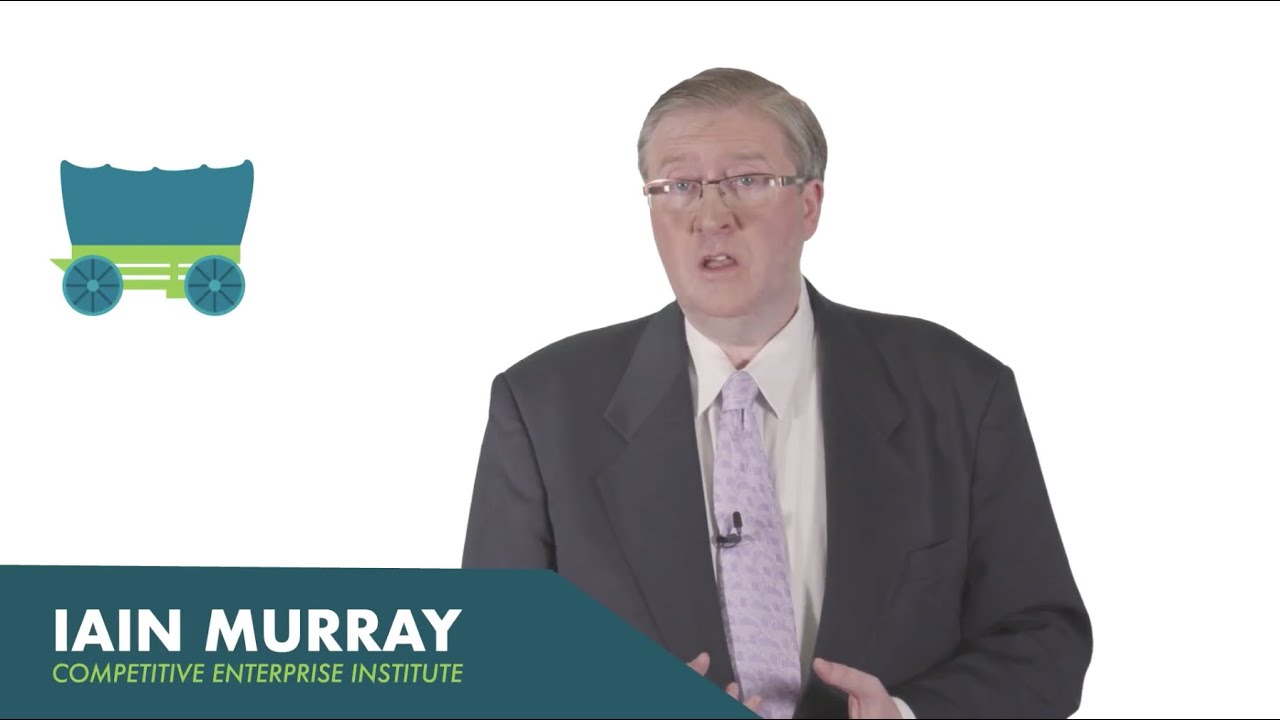Platforms are an ancient way of doing business—think of matchmakers, city fairs, and town markets—that bring together two or more parties to make economic transactions. Today, digital platforms allow a far wider reach, bringing together people in a way that was unthinkable just a generation ago.
Examples of platforms include:
- eBay, which brings together sellers and buyers like a traditional marketplace
- YouTube, which brings together content creators, viewers, and advertisers
- Lyft, which brings together owners of cars that would otherwise be left unused with people who need a ride
- Fiverr, which brings together professionals and skilled workers with people who need one-time services
- Amazon’s Mechanical Turk, which brings together people who need tasks that simply require human intelligence and people willing to provide that intelligence
These transactions do not necessarily need to be monetary—people can transact using data about their habits and preferences. Thus, “social media” often takes the form of a platform that brings together people with shared interests and advertisers who want to reach those people.
What’s so important about these transactions that didn’t happen before is that we create wealth by economic transactions, moving resources from a lower-valued use to a higher-valued use. That happens when we sell an unused good on eBay, give someone a ride via Uber, or share our commentaries on YouTube. Platforms facilitate these transactions, making us all better off.
It is important to recognize that these platforms did not require licensing or government regulation to assure the parties of quality—they solved that problem themselves. As the joke goes:
1998:
– Don’t get in strangers’ cars
– Don’t meet ppl from internet2016:
– Literally summon strangers from internet to get in their car— Carol Nichols (@Carols10cents) July 2, 2016
They did this through establishing their own trust system, based on reviews and ratings. Users—whether on the supply or demand side—who do not get good ratings are kicked off the platform. While abuse still occurs, these systems limit it.
Yet there are still calls for government regulation of platforms. This would be a mistake. The economic explanation for the success of these platforms is that they reduce transaction costs, which are costs that prevent transactions from happening. Regulation is itself a transaction cost. Introducing regulation when platforms already achieve most of the benefits of regulation through other means would raise transaction costs and prevent transactions from happening. That will make us poorer than we otherwise would be. The problem will be compounded because regulation also inhibits innovation (just take a look at how Uber’s competitors in Asia have responded by innovating).
Another benefit of reducing transaction costs is only just beginning to be felt. Transaction costs are the main reason why we have firms. Entrepreneurs need certain tasks repeated, and so buy people’s time to ensure these tasks get done. With a flexible, skilled, reputable, on-demand workforce entrepreneurs can now get these tasks done without the overheads that come with employing people—not just the costs of government bureaucracy, but also those of internal bureaucracy. We are beginning to innovate bosses out of the picture.
This will mean that certain features of labor markets that have been the subject of great dispute and even legislation over the years will cease to be as important. Paid time off becomes less important in a world where you can more easily choose your own hours. This will also raise the salience of policy debates over things that are currently largely tied to employment such as healthcare, retirement savings, and pay-as-you-go taxation.
Platforms are changing the way we live, work, and get about. They have the potential to provide significant increases in wealth. We all use them and, in many cases, love them, so we should also defend them from needless regulation.

